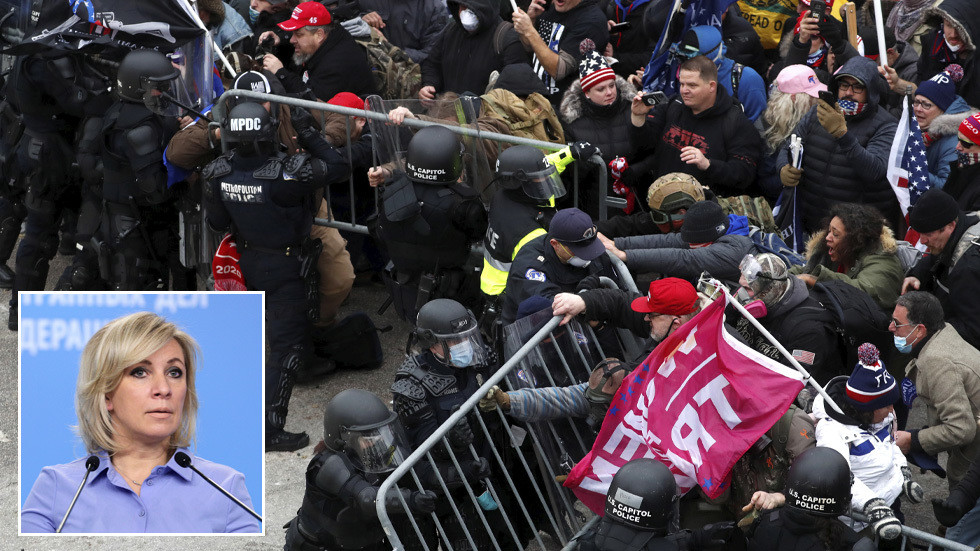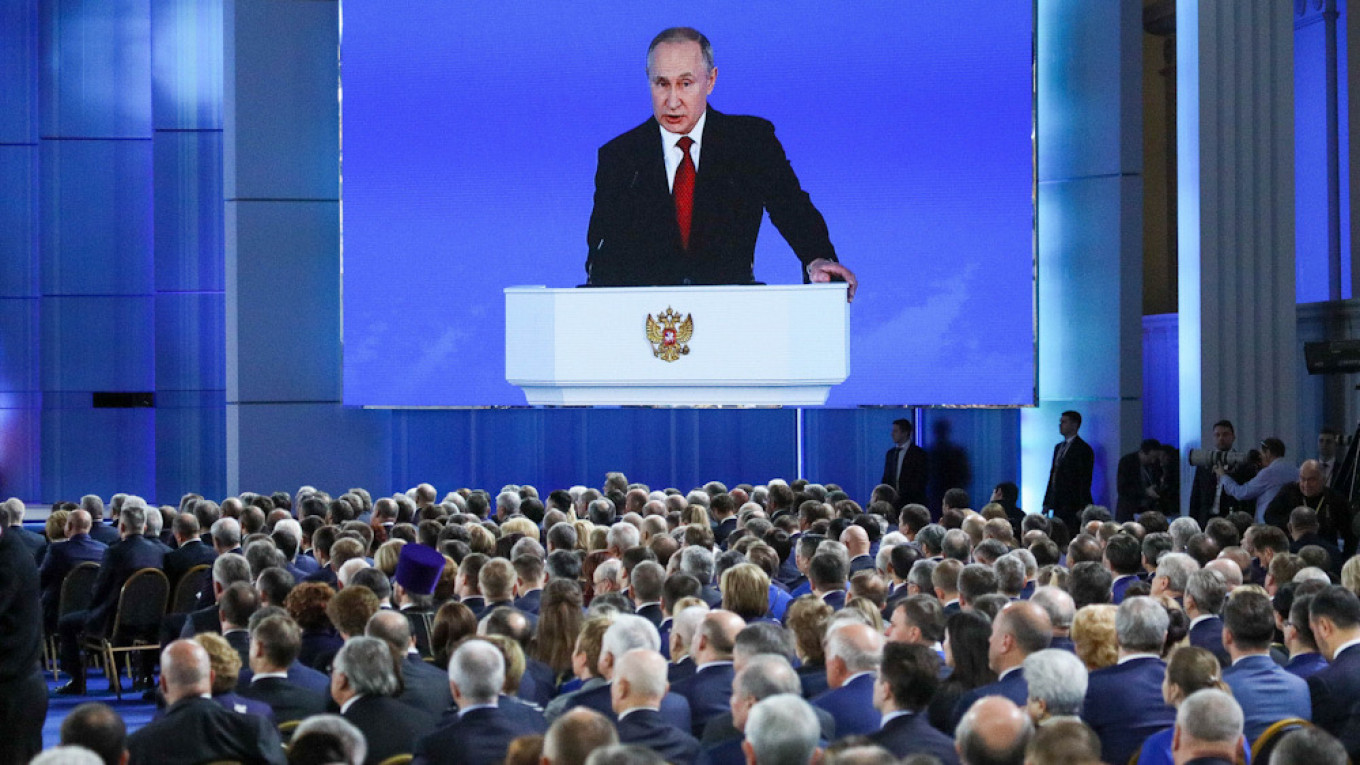
 As President Trump is leaving for Paris to celebrate the 100th anniversary of the end of WWI when U.S. and Russia were allies here are a few additional milestones for the history of U.S. – Russia relations.
As President Trump is leaving for Paris to celebrate the 100th anniversary of the end of WWI when U.S. and Russia were allies here are a few additional milestones for the history of U.S. – Russia relations.
As President Trump is leaving for Paris to celebrate the 100th anniversary of the end of WWI when U.S. and Russia were allies here are a few additional milestones for the history of U.S. – Russia relations.
Russia took the position of friendly neutrality during the 1775-1783 American War of Independence, the 1812-1815 British- American War as well as during the 1861-1865 Civil War in the U.S.
In 1775 Russian Empress Catherine the Great has rejected the request of King George to send Russian troops to America to support Great Britain. Later in 1781, Britain attempted to bribe Russia to gain its assistance by offering the island of Minorca in exchange of convincing France to exit the war and force the American rebels to fight alone. Catherine not only declined this offer but publicized Britain’s attempts at bribery to the French and Spanish.
Likewise, the United States supported Russia during the 1853-1856 Crimean War with Turkey and Britain. A large group of American doctors joined the Russian army during the Crimean War and saved the lives of many Russian soldiers.
June 22, 1941 - "Operation Barbarossa”-a full-scale invasion of the Soviet Union. The United States Enters World War II by declaring war on Japan after the Japanese attack on Pearl Harbor on December 7, 1941.
On December 11, Adolph Hitler honored his treaty agreements with Japan and declared war on the United States. The United States and the Soviet Union thereby became allies in the war.
Russians and Americans may assess the key events of World War II differently but the victory of 1945 was and remains shared. The symbol of the Soviet-American alliance as part of the anti-Hitler coalition became and remains the April 25, 1945 historic link-up between Soviet and American soldiers at the Elbe river in the German city of Torgau.
Unfortunately, this alliance did not last long and it was followed by a long period of what is known as the Cold War which lasted until 1991 when Soviet Union collapsed. This collapse offered a unique opportunity for the restoration of U.S. – Russia alliance as Russia abandoned its communist ideology and started a process of building new society based on the principles of democracy and free market economy.
President George H. W. Bush then declared the arrival of a new era based on the "security arch from Vancouver to Vladivostok.”
However, President Bill Clinton undermined this noble vision by starting the process of NATO expansion toward the East which continued under George W. Bush and Barack Obama. As the result NATO which had only 12 members to contain a powerful Soviet Union has now 29 members to contain a much weaker country which lost a third of its territory and more than half of its population.
According to George Kennan, one of the most distinguished American diplomats and US Ambassador to Moscow "The expansion of NATO was the beginning of a new cold war…I think it is a tragic mistake. There was no reason for this whatsoever. No one was threatening anybody else. This expansion would make the Founding Fathers of this country turn over in their graves.”
"We’ll be back on a hair-trigger,” said Senator Daniel Patrick Moynihan warning that enlargement not only is the beginning of a new cold war but "we’re talking about nuclear war.”
All together 19 U.S. Senators who agreed with George Kennan voted against the bill permitting the expansion of NATO.
Our farewell message to Presidents Donald Trump and Vladimir Putin is to find some time during this trip to Paris to begin the process of reconciliation and find the way out of the crisis endangering both our nations and the world.
Edward Lozansky is president of the American University in Moscow, Professor of Moscow State and National Research Nuclear Universities. He is the author of the book "Operation Elbe”, which describes joint US – Russia anti-terrorist efforts.



_jpg/250px-ElbeDay1945_(NARA_ww2-121).jpg)









